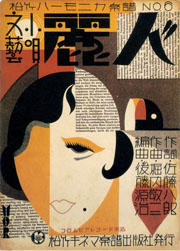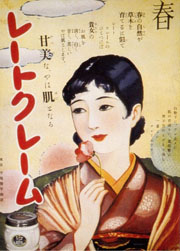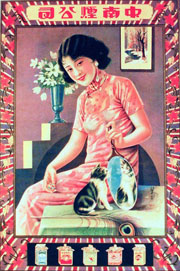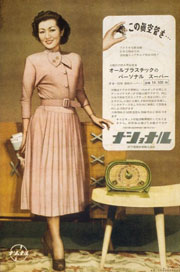Rudolf Wagner
The largest and most influential Chinese-language publishing house in the late 19th century was the Shenbao guan in Shanghai. It was owned by foreigners, and run by Ernest Major. Its products were designed to fill the newly opening leisure time/space of urban residents. The company has been denounced since the late 1920s a being only after money and profit, and imperialist exploitation at that. Surprisingly, the pronouncements of the company itself on this issue were explicit. “We are a commercial enterprise.” The paper will study this self-presentation in its historical context. Modern print products were first made available by missionaries. While their publications mixed religious and general information, including reading matter for leisure hours, these were subsidized publications with the ultimate aim of religious advocacy. Read against this background, the Shenbao guan statement gave ultimate agency to its Chinese readers by proclaiming that its dependency as a business enterprise hinged on their acceptance. This was a highly effective strategy of disclaiming any charge that it was a company pursuing religious or political advocacy, and opened the way for its developing into a cultural hub that was seen by substantial numbers of Jiangnan men of letters as “their” publishing house. This allowed the company to pursue a commercially effective and culturally contributive role in the modernization of the Chinese public sphere.



